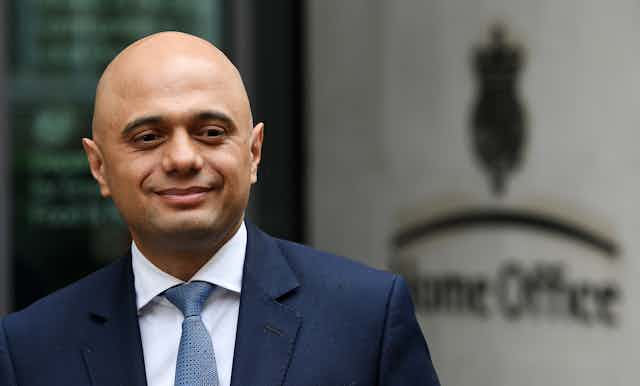“We don’t have targets for removal” seems a relatively innocuous statement, but it was at the heart of Amber Rudd’s fall from grace. Rudd’s relatively short tenure at the Home Office is not untypical for that department. The Home Office has a long standing reputation for chewing up secretaries of state fairly quickly – of being a “career killer”.
One notable exception to this was Rudd’s predecessor at the Home Office, Theresa May. She headed the department for longer than anyone else in modern times. May’s record stay in the Home Office between 2010 and 2016 compared to her successor’s fairly typical two years is somewhat ironic considering that it was arguably May’s fondness for immigration targets which in part laid the foundations for Rudd’s undoing.
However, in May’s defence, it was not the policy of having removal targets or the heavy focus of reducing immigration itself which led to Rudd’s removal. It is entirely possible that Rudd could have weathered the Windrush affair with little damage to her political reputation. Indeed, being tough on immigration can play well with certain elements of the selectorate that chooses the leader of the Conservative party. The evident injustice of targeting people who have lived and contributed to the country for decades could have been managed with a combination of tough talk (“the public expects us to enforce the immigration rules”) and marginally contrite language (“both the prime minister and I have apologised to those affected”).
Instead, what did it for Rudd was not being on top of her brief. It is unlikely that she deliberately mislead parliament on the issue of targets for removal. However, the number of times a secretary of state can return to parliament in order to put the record straight is very limited, and Rudd was pushing hard against that limit.
Enter Javid
Replacing Rudd with Sajid Javid seems a smart choice. Javid has been a fairly safe pair of hands in his previous positions. And, as a child of Pakistani immigrants, he has commented on Windrush that “it could have been me, my mum or my dad”. He therefore seems a sensible choice to deal with the fallout from that whole debacle. Rudd’s fall and Javid’s elevation has further damaged the gender balance of May’s cabinet, however, although in the context of the scandal that led to this change that is probably not going to make significant waves.
Javid is now faced with both short and long-term problems. Short term, he obviously needs to manage the Windrush mess. Provided he makes sure not to miss significant details in the documents sent to his office before speaking to parliament, he starts this process from a position of relative strength. His can now get on with putting “these wrongs right going forward”, as his predecessor put it, while not having to deal with being blamed for those wrongs.

Longer term Javid does have the rather trickier task of how to manage the government’s ongoing target of reducing immigration below 100,000 annually. How to do that as the child of immigrants, will take some careful footwork.
Looking further ahead, it’s clear that Rudd’s chances of succeeding May as leader of the Conservative party have now been fatally damaged, especially considering her tiny majority in her Hastings and Rye constituency. By contrast, Javid’s chances have significantly increased. He does need to avoid falling foul of the Home Office career killer reputation, which is no easy task. However, if he does manage that brief well, and does become the next leader of the Conservative party, he would also put further focus on the Labour party’s inability to move beyond the rather overfished “white male” leadership talent pool.
Turning to the prime minister, it is obviously never good to lose a senior member of the cabinet, especially over issues that can be traced back to May’s time in the Home Office. However, losing a home secretary is perhaps fairly small fry compared to losing a parliamentary majority, and May stayed in post even after doing that. As long as none of May’s rivals for the job are willing to take responsibility for Brexit, her position is likely to be secure.

